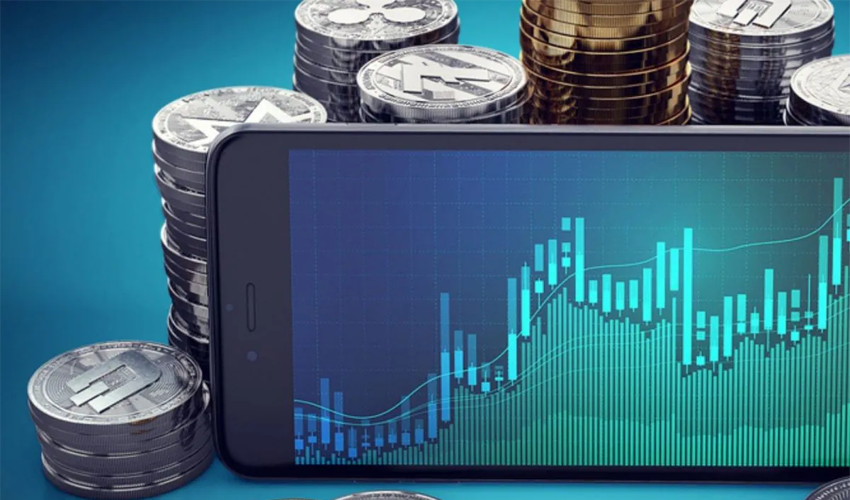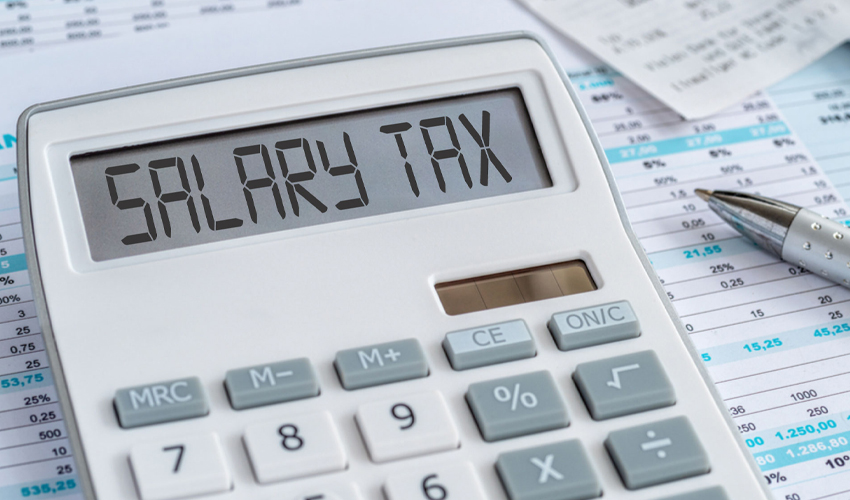In a groundbreaking move aimed at bolstering economic stability and reducing printing and distribution costs, the government of Pakistan has announced its decision to launch a digital currency.
This development comes as part of a broader strategy to appreciate the value of the Pakistani rupee and streamline financial transactions across the nation.
New era in Pakistani finance
The digital currency, backed by the State Bank of Pakistan (SBP), is poised to revolutionize the country's monetary landscape. Similar to China's digital currency, where one unit equals one Chinese Yuan, Pakistan's digital currency will be on par with the Pakistani rupee.
The SBP, with the support of industry experts, has already commenced the groundwork for the introduction of this digital currency.
A dedicated department, the Central Bank Digital Currency, is diligently conducting cost-benefit and feasibility analyses to ensure a seamless transition once the digital currency is officially launched.
Balancing tradition with innovation
The government envisions a transition from traditional currency notes to digital currency, albeit gradually. It aims to maintain a balance between the two forms of currency, with a proposed ratio of 80% digital currency to 20% currency notes.
This approach ensures that in unforeseen circumstances, such as technological disruptions, a backup in the form of physical currency remains available.
Sustainable solution
One of the significant advantages of this digital currency is the substantial cost savings. By eliminating the expenses associated with printing, distributing, and disposing of old currency notes, Pakistan can redirect these resources toward more pressing needs.
Furthermore, each transaction conducted through digital currency will be meticulously documented, enhancing the government's ability to enforce monetary policies effectively and combat financial malpractices.
Unlocking cross-border opportunities
The introduction of a digital currency also holds tremendous potential for fostering cross-border trade and investment. It will open doors for unbanked individuals, granting them access to essential financial services, and simultaneously enhance the efficiency, resiliency, and reliability of Pakistan's financial industry.
The World Bank, recognizing the transformative power of digital currency, has hailed it as a catalyst for improved economic and financial performance. Leveraging blockchain technology, a form of distributed ledger, promises even more significant benefits on the horizon.
As Pakistan embraces this digital evolution, it stands poised to enter a new era of economic stability and financial efficiency, paving the way for a brighter and more prosperous future.



























